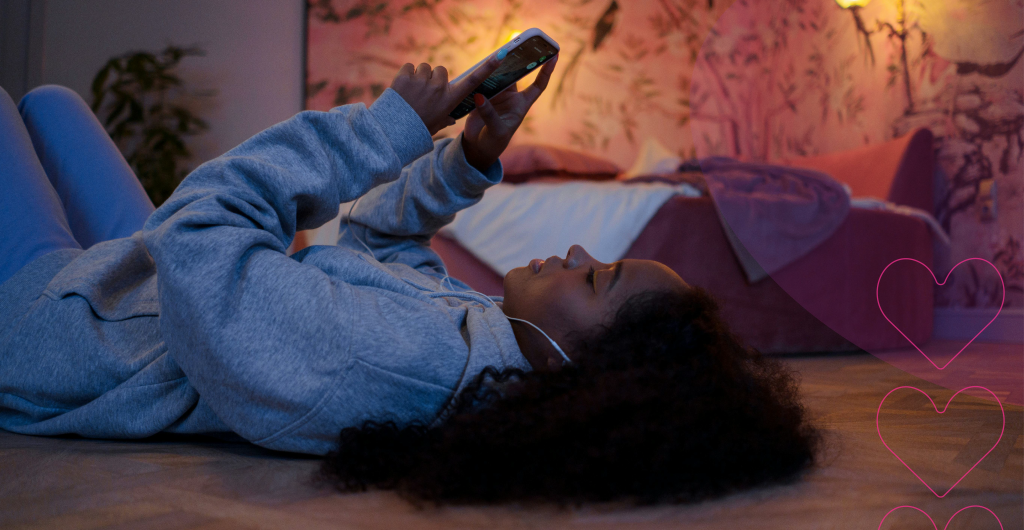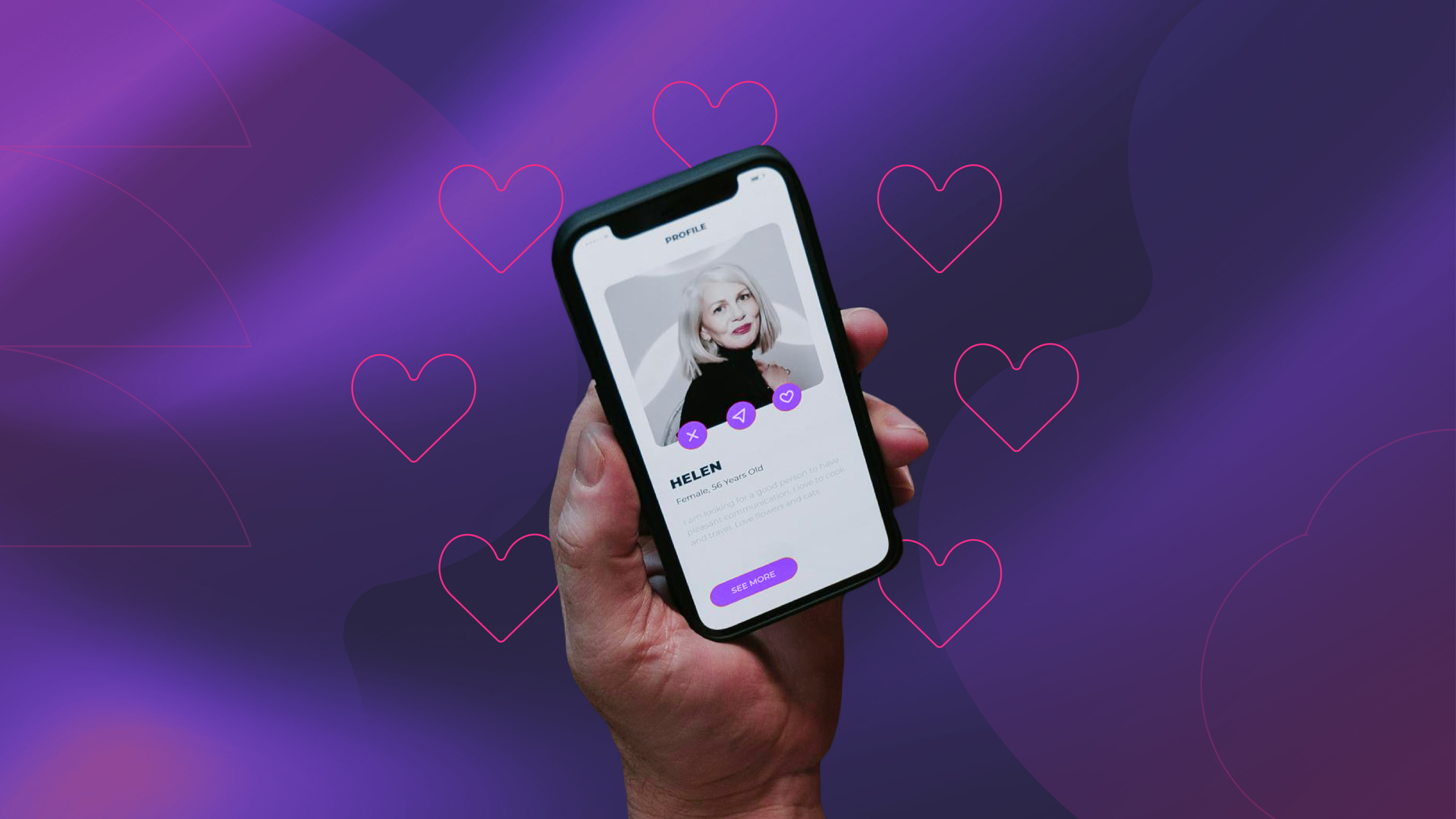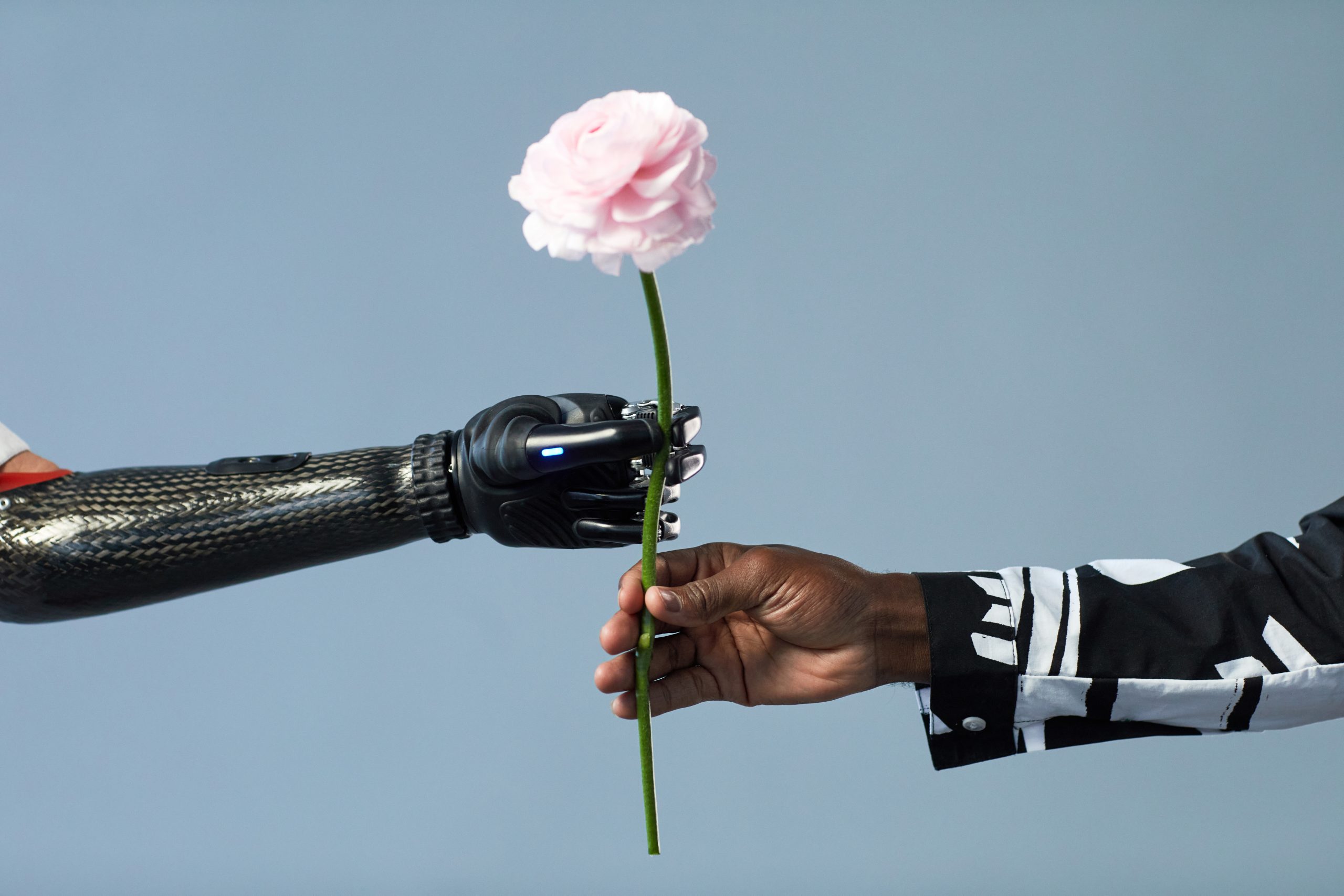From user expectations to whether artificial intelligence is a help or hindrance we explore 7 of the challenges app creators, developers and owners face, and what competitors are adopting that might be game-changing.
Statistically speaking, approximately 349 million people use dating apps worldwide. For that 349 million, there are thousands of dating apps and websites all looking to provide access to a user’s human connection to a soul mate, hook-up, companion and more depending on exactly what your preferences are and what you are looking for!
In a competitive dating app world, what are the challenges that face the industry in 2024?
Seven Challenges!
User Expectations – recruitment, conversion & retention

Despite increasing numbers of success stories over the dating app years, there is still some scepticism around the using of dating apps to find connections and love. Overcoming ‘I’m going to fail, and this app is not going to deliver’ expectation is possibly the most difficult of all, but how you make the journey for the user fun and simple can play an immeasurable part in the experience and outcome.
We don’t believe that users want to feel alone in dating online and their wing person, beside them on the sofa in their living room, or wherever they find themselves swiping is inevitably their dating app. Your app is the friendly encouragement they need so provide the features to support the journey.
Features that apps introduce to streamline and make comfortable the dating process will exceed user expectations, for example AI-based chat to get the conversation started or personalised performance feedback to help improve their chances, although awkward, will help with meeting the end goal and their user recommendations and reviews.
What else can apps offer to keep the user engaged? Personality tests, curated matches, like-minded communities, gamifications and, of course, algorithms! The more engaged your user, the higher your retention, and with so many newly launching niche apps available retention is key.
Security
Profile verification is the foundation to ensuring the safety of users and will be one of the first features of your app that users consider. The more security you, as app providers, offer, the more confidence and loyalty your users will have.
Applying mobile application features like facial recognition can significantly decrease the numbers of fake profiles on the app, as can social media links or biometric data checks.
Security is a serious business the statistics around feeling unsafe and experiencing red flags during conversations are high, coupled with figures around catfishing scams increasing over 150% how you protect your user, and their experience has to be a top priority.
The balance between security for all and invasion of privacy is important as users don’t all live their lives on social media and are conscious of data sharing and breaches.
Are the future dating app partnerships with background check organisations?
Mental Health & Wellbeing

Are users really ready for flirtatious encounters, love and dick picks (when they take their chat off app? Online dating is not for the faint hearted and first-time users will need to get used to rejection and disappointment alongside dopamine rushes and that feeling of exhilaration when finding love.
There are 1,000s of articles online that discuss the impact of dating apps and websites on mental health, and sadly many report app use can increase feelings of anxiety, depression and stress, alongside developing body issues and comparison insecurity.
How apps support their users’ mental health and wellbeing is important in terms of retention, as support shows care, and care is about the fondness your user will feel for your app.
Tinder has recently partnered with relationship scientist and psychologist Dr Tila Pronk to share a dating guide for introverted daters. The decision is driven to help overcome the barriers introverted users face when dating online, especially those who need confidence to move from swiping to chatting.
Duty of care is a challenge but is the clause users are ‘responsible for their interactions’ good enough when it comes to protecting each other’s mental health and wellbeing?
Niche Apps
Time is becoming increasingly valuable, if that is possible.
As generations adopt the work to live mantra, and put value on work-life balance, cutting through potential matches is vital. Swiping left in your spare time is disheartening when looking for a meaningful connection, relationship or hook up and this apathy has led to the rise of the niche dating app. Apps that have by their definition and registration details already ticked a substantial number of boxes before you even login seem very appealing.
Across diverse groups dating apps are bringing together inclusive communities who can grow and flourish around shared experiences, values, sexual preferences, and interests. The pool of available matches may be slimmer; however, they are much more likely to provide a match without the time and dare we say effort!
Niche dating apps and websites are impacting on the big dating players and niche is not going away, if anything it is growing by the day.
Economic Downturn
Are subscription models a thing of the past? Although investors and stock markets love them, users don’t! Especially because unlike other subscription services like Amazon Prime, Netflix and Spotify you are not guaranteed a product or result. In a world where for most money is tight personalised plans and flexibility are the answer.
If subscriptions are going to stay dominant, value for money will be of utmost in users mind, especially when they are choosing to date. Added extras like more security, gamifications, offers and partnerships are going to come into play until the upturn begins.
Gen Z

The current Millennial audience, although making up 61% of the users for dating apps, is sailing into the sunset as many find relationships and get married. Attracting Gen Z, 18 – 27-year-olds, who demonstrate different online behaviours, purchasing habits and slightly less resilient natures will be key over the coming years.
According to Gen Z profiling, growing up in the late 2000’s recession has led GenZ to be more focused on personal development and career rather than looking for a relationship. Earning money, investing and spending money wisely are the traits Gen Z are adopting so signing up to a subscription to find love when connections can be made for free, on apps like Snapchat, Instagram and others, is not an attractive option. Money is just one of the challenges for the new dating audience.
The first generation with access to social media from birth, Gen Z fear rejection, and putting themselves in a position to experience swipe left is daunting and uncomfortable. Stories about online dating also will be commonplace reading and listening and for Gen Z making themselves vulnerable and open to ghosting is not worth the risk.
How to attract the Gen Z audience to your app and monetise their use will be key in the coming decade. Apps are already utilising advertising, premium services and enhancements to profiles so what next will be interesting.
AI
Where to start? AI can help app developers with security, retention and understanding user journeys but what are its challenges and how far can it go?
Tidio in a recent survey of dating app users discovered 47% of respondents to their questions would join an advanced AI-powered dating however what they wanted from AI differed according to sex. Women wanted AI to analyse their profile to find someone with common interests, whereas men wanted AI to suggest people they would find physically attractive based on a visual survey they could complete when joining.
Founder of Chapter 2 and Don’t Panic, who deliver the Global Dating Industry Awards recently attended an event in New York where she gained fascinating insets into the use of AI in the dating sphere. The future will include AI profiles which converse and flirt online to enable users to experience a (real) relationship with a virtual AI partner.
Keeping up to date with AI developments and how they can be used is the future whether dating apps and websites like or loathe it.
The Future and Industry Awards
Whatever the challenges the digital dating industry faces, we believe that agencies and developers are equipped to overcome them. The Global Dating Industry Awards are not only about celebrating outstanding practices and developments, but also about knowledge sharing and community building so that we can face the challenges together.






